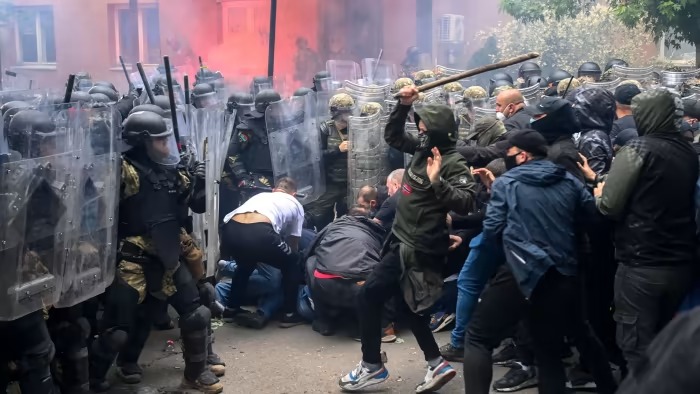Belgrade, Serbia, June 03: – The Presidents of Kosovo and Serbia met on Thursday at the sidelines of the European Political Community summit in Moldova amid escalating violence between Kosovo’s ethnic Albanian-dominated government and the ethnic Serb population in the north.
French President Macron and German Chancellor Olaf Scholz pressed both leaders to take immediate actions to de-escalate tensions.
The conflict stems from a long-standing dispute between Kosovo’s Albanian-dominated government and the ethnic Serb minority in the north.
The recent eruption of violence occurred when Kosovo authorities, supported by special police units, installed ethnic Albanian mayors in northern municipalities. These mayors were elected with a meagre turnout of 3.5% after Serbs boycotted the local polls.
This even prompted strong rebukes from the United States and its allies, the traditional Kosovo backers.
Clashes resulted in injuries to 30 NATO peacekeeping troops and 52 Serb protesters. Serbia accused Kosovo of violating the rights of minority Serbs, while the latter accused formal of supporting criminal groups in northern Kosovo. Both leaders initially resisted meeting but relented under international pressure.
French President Emmanuel Macron called for “clear answers” from both sides at the next meeting. One proposed solution is the holding the election in 4 Northern municipalities with Serb participation and in the long term creation of an association of Serb municipalities to grant more autonomy to the Serb population in the north.
NATO currently maintains 3,700 peacekeeping troops in Kosovo. NATO deployed an additional 700 peacekeepers to Kosovo, with assurance for more if needed, to ensure a safe and secure environment while reducing tensions.

To understand the crisis, historical context is crucial.
The conflict traces back centuries, involving ethnic tensions between Serbians and Kosovo Albanians during the Ottoman Empire. The Kosovo War, from 1998 to 1999, witnessed clashes between Serbian forces and Kosovo Albanian rebel groups, while Kosovo was part of Serbia. NATO intervention through air strikes led to Serbian forces withdrawing from Kosovo.
Kosovo declared independence in 2008, disputed by Serbia despite recognition from over 100 countries.
Kosovo’s population comprises 90% ethnic Albanians and 5% ethnic Serbs, concentrated in the north. North Serbs seek an association of majority-Serb municipalities with autonomy, refusing to recognize state institutions and abstaining from paying taxes and energy charges to Kosovo.
North Serbs – Local administration and public servants, teachers, and doctors receive pay and benefits including pensions from Serbia’s budget and even big infrastructure projects are paid for by Serbia.
In a few months, tensions have escalated due to the mandatory switch of Serbian license plates to newly assigned Kosovo plates, sparking protests and contributing to the dysfunction.
While the world responds differently to the ongoing conflict, Serbian tennis player Novak Djokovic used a camera lens after a French Open match to write: “Kosovo is the heart of Serbia. Stop the violence.”
Meanwhile, Indian President Droupadi Murmu plans to visit Serbia on June 7, emphasizing India’s non-recognition of Kosovo.
aimed at normalizing ties and meeting EU membership commitments. Efforts continue to find a solution to the Kosovo-Serbia conflict, with European leaders pushing for a New Peace Plan to reduce tensions.
The next meeting holds crucial importance in determining the path forward.






